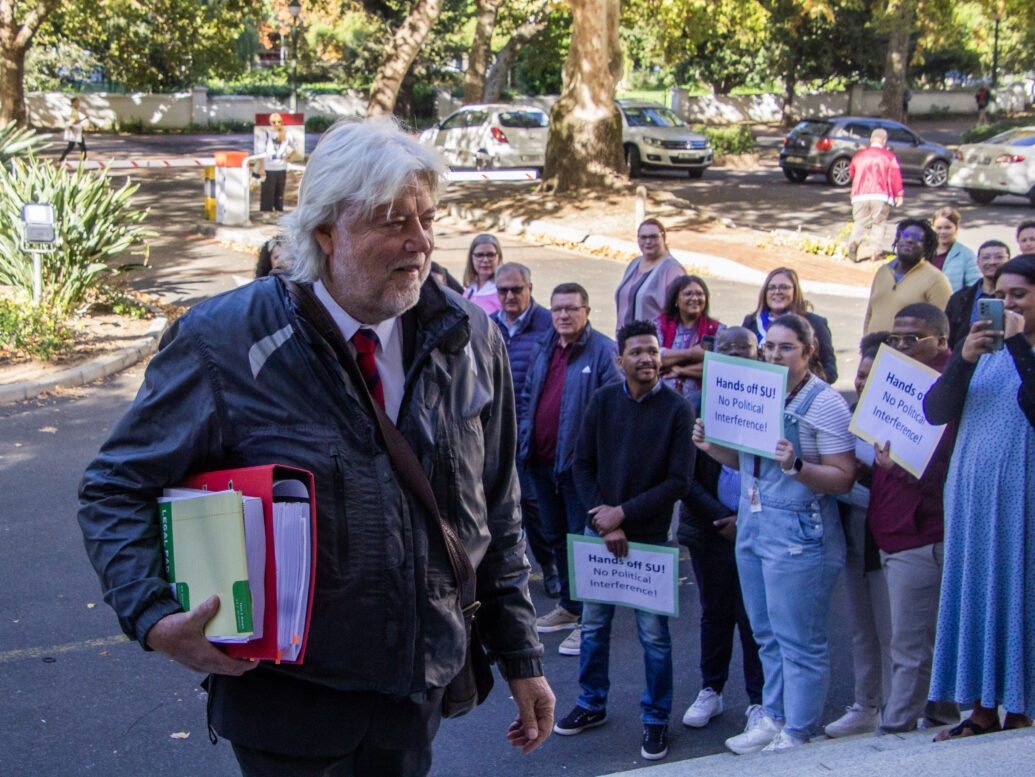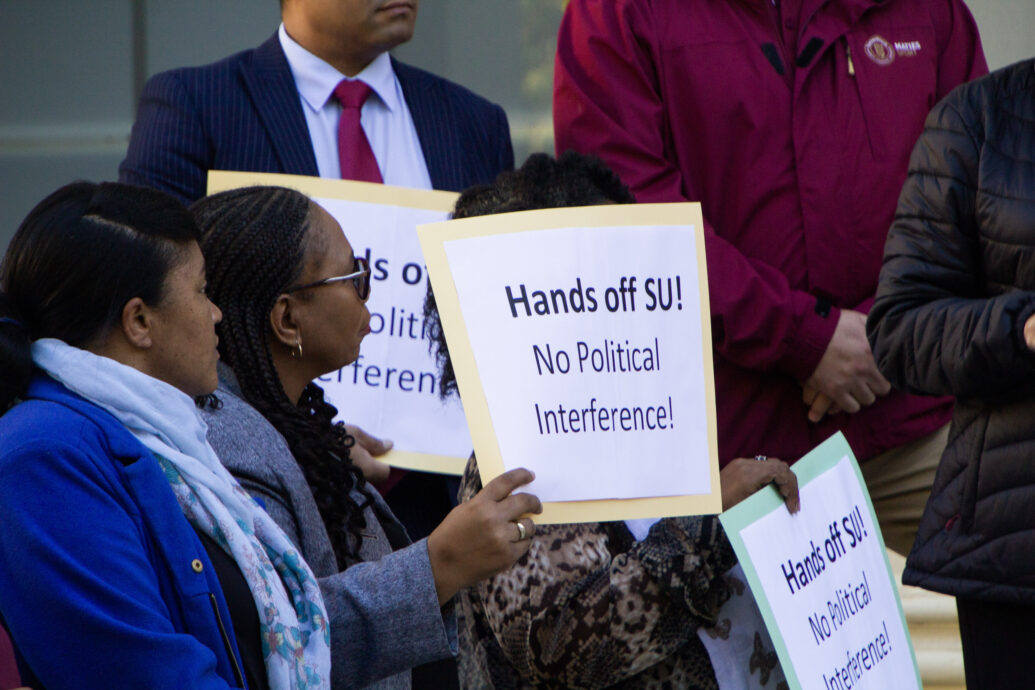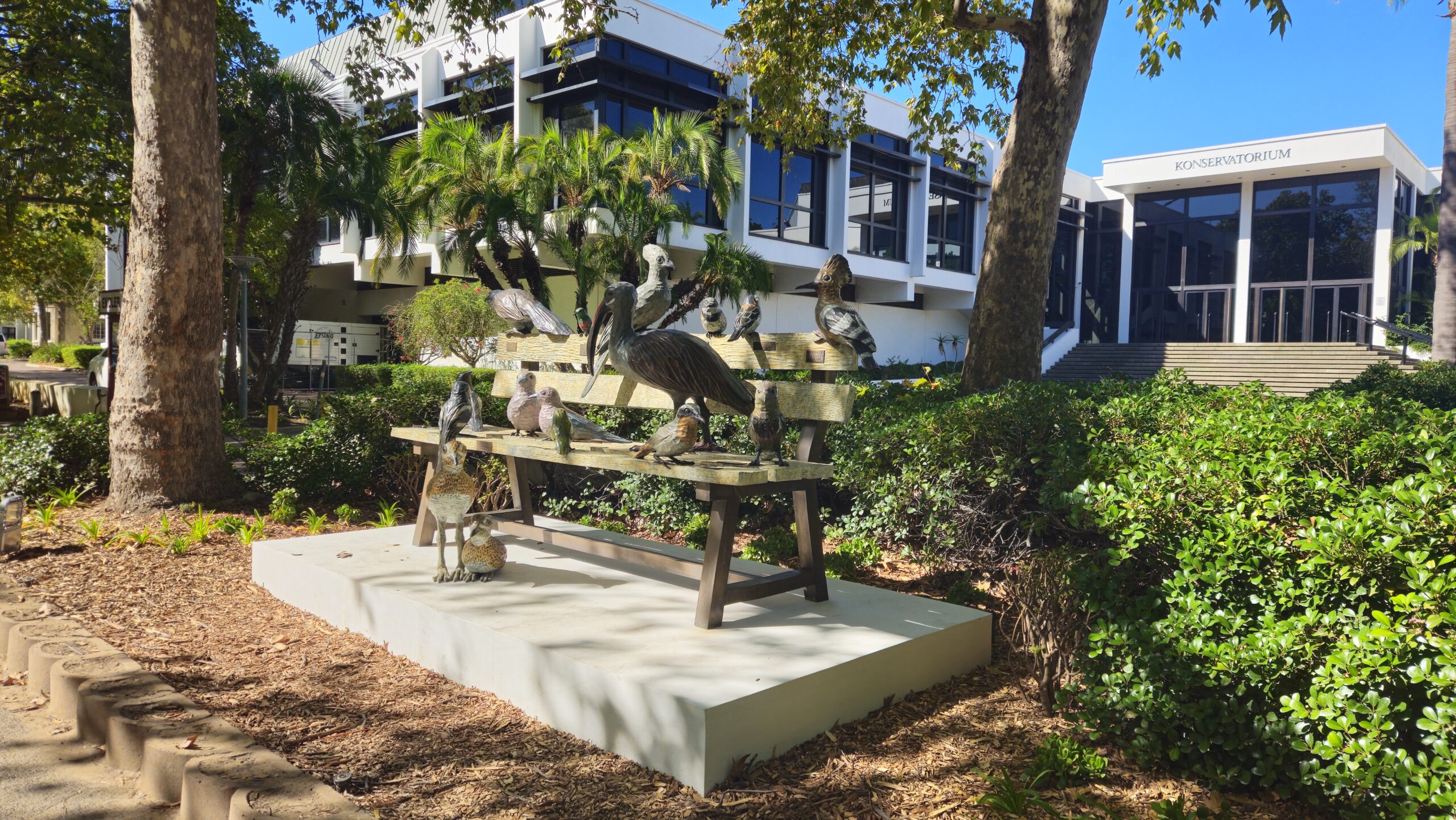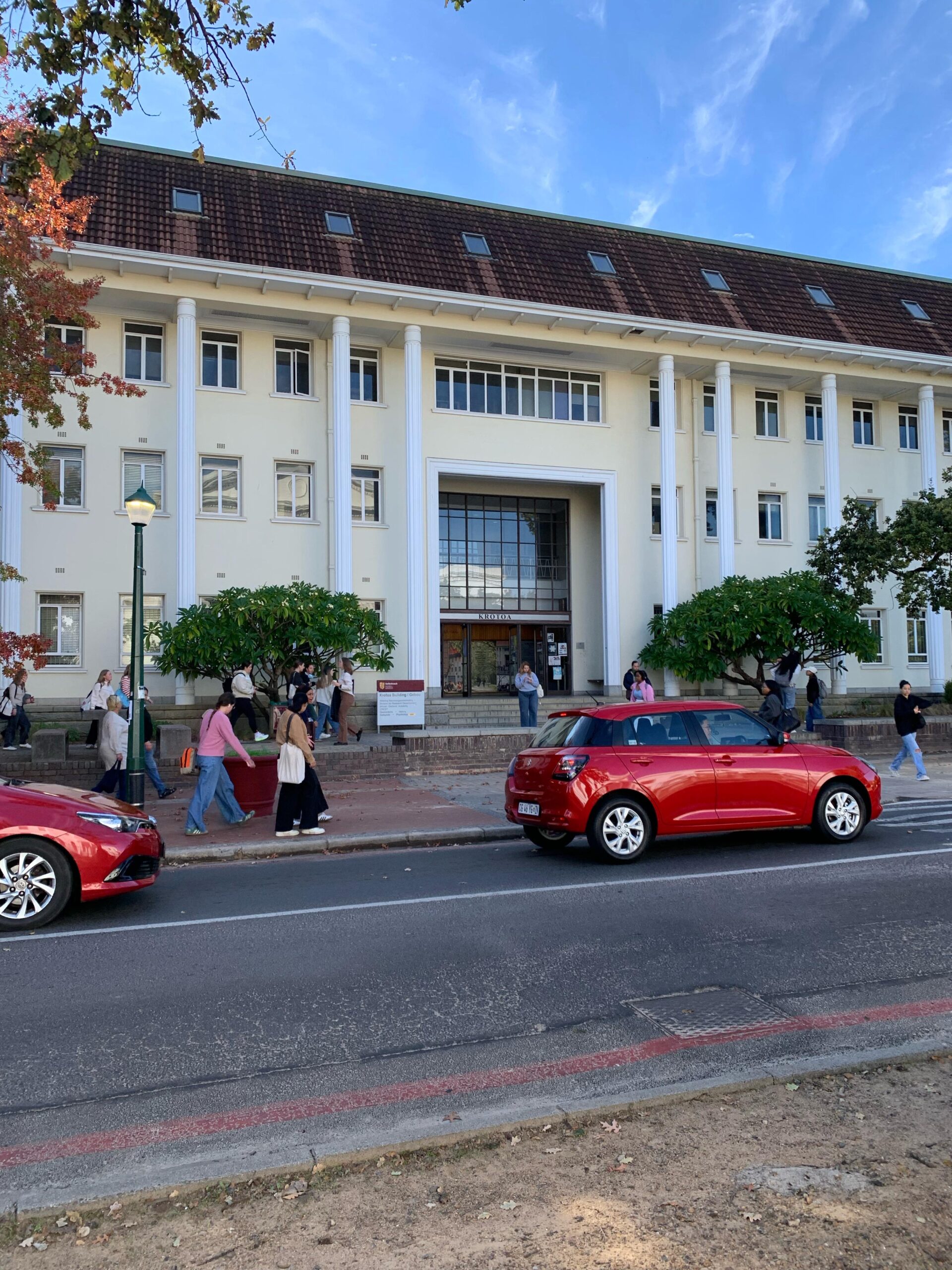The executive committee (EC) of the Stellenbosch University (SU) Convocation remains at loggerheads with the wider Convocation and its members as it calls for the resignation of SU rector, Prof Wim de Villiers. The executive committee also calls for the resignation of SU registrar, Dr Ronel Retief.

According to a letter, composed by Prof Thuli Madonsela and Dr Louise van Rhyn and issued on April 6, addressed to Adv. Jan Heunis, President of the Convocation EC, members of the Convocation note that they are “uncomfortable with the decisions being made without considering the members of the Convocation.”
“As a member of the Convocation, I have watched for years as Adv. Heunis (as chairperson) did things I was not comfortable with, in the name of the Convocation . I am ashamed to say I watched on and did nothing about it,” says Van Rhyn, a SU alumnus and Convocation member.

She further stated: “Last year, I was part of the group of people who nominated Dr Rudi Buys as [Vice-President] of the Convocation. I hoped it would lead to change.” A WhatsApp group, which currently consists of about 460 members, was later created by Van Rhyn on Saturday, April 15, with the aim of involving more Convocation members’ support. A petition on www.change.org to hold the Convocation EC executive accountable was also initiated and currently has the support of over 4,000 individuals.
“During my campaign to be elected as Vice-President a few months ago, I advocated that the day-to-day management should work as bridge builders, constantly creating conversations with, and between, members, and with the university and other stakeholders – all for the benefit of the university. Continuous consultation is the basis of the work of a convocation, and should be the main feature of the day-to-day management of a reputable convocation. As a member of the day-to-day management, I want to bring people together to find meaningful solutions to the difficult challenges facing the university community, such as in the case of the rector’s discretionary placement policy. I am therefore very disappointed about the continued hostility between the day-to-day management and the university,” says Buys.
Frederik van Dyk, Convocation EC member, explains, “There are many challenges facing the university. The well-being of the university, through a mutually beneficial relationship between the US and the Convocation, can only be maintained if the EC of the Convocation considers the actions of management, criticizes when necessary, and praises when deserved.”
“A mutually beneficial relationship, and consequently the well-being of SU, is not promoted by serious incidents of nepotism – especially not by the Rector himself,” states Van Dyk.
The South African Human Rights Commission (SAHRC) recently found that SU violated the human rights of Afrikaans-speaking students during the 2023 welcoming period. Afrikaans-speaking students were asked to use English during this welcoming period instead, so that everyone could understand and be included. The complaint was submitted to the SAHRC by Afrikaans student interest group, StudentePlein, and the DA. Similar complaints had been filed in the past by the Freedom Front Plus and the DA regarding the 2021 welcoming period.
Van Dyk notes that the SAHRC report is a contributing factor in the EC’s request that De Villiers to resign.
“It contains serious management blunders, but one could still argue that it was a bona fide policy debate, and that better implementation could be achieved by taking corrective measures. However, nepotism, against the backdrop of the corruption crisis in South Africa, simply cannot be tolerated,” says Van Dyk.
Dr. Leon Schreiber, DA constituency head for Stellenbosch Municipality and member of the SU Council, approved the SAHRC’s findings on Twitter and also made it clear that he believes the investigation into allegations of nepotism by the rector should lead to a motion of no confidence.
“A few weeks ago, I began to notice how [Dr.] Leon Schreiber’s tweets clearly show that he is using the SU as a political pawn and then realized that we (the members of the Convocation) need to get involved. Prof. Thuli Madonsela and I then sent a letter to [Dr.] Leon Schreiber and asked for a conversation. He never got back to us,” says Van Rhyn, regarding another letter from the wider Convocation, addressed to Schreiber.

Many members of the Convocation expressed their dissatisfaction with the EC on Monday, April 17, when they gathered outside the SU Administration B building, an hour before the scheduled SU Council meeting, to discuss the motion of no confidence against De Villiers. The day before the Convocation also sent a letter to Dr. Nicky Newton-King, as the chairperson of the SU Council, opposing the Convocation EC’s decision-making in this matter.
Dr. Leslie van Rooi, Senior Director: Social Impact and Transformation and member of the Convocation, expressed his concern about the public statement by the Convocation EC: “The crux of the matter is that a complaint has been lodged against the rector, and the Convocation went public with a statement by the EC asking that the rector and the registrar resign. That is the crisis; that processes are not being properly followed. That they speak on behalf of the Convocation without consultation.”
Van Rooi’s opinion resonates with that of the Director of Maties Sport, Ilhaam Groenewald, who was also present at the gathering outside Administration B.
“It’s about democracy. The voice of the people is important, by virtue of the constitution of this country. And seemingly some members [of the convocation] refuse to consider that. And they think that they’ve got the right, and to me, even the audacity to think that a decision such as that will carry weight,” says Groenewald.
Groenewald notes that “some of the members leading this charge to get rid of the rector and the registrar have other agendas.”
However, the consensus is that democracy should be the order of the day.
“Ultimately, it is a good sign that people feel they have the platform to express their views on how to carry out procedures and uphold constitutional mandates. Differing viewpoints allow for greater engagements on where to improve and can bring to light aspects of a problem that might have been overlooked,” says Masilo Silokazi, Student Council Chairperson and member of Convocation. Van Rooi also mentions that he is “glad [that] staff are raising their voices.”
“The first major task for the way forward is for day-to-day management to engage in dialogue with various groups of Convocation members about concerns and to seek a solution together, as I am already broadly engaged, explains Buys.
He continues,However, the practical reality is that if new consultation initiatives fail, then Convocation members can request an extraordinary meeting of the Convocation, where motions and proposals can be voted on – the day-to-day management then has the task of implementing those motions that are accepted.
“Ultimately, there is no answer other than that colleagues must talk to each other. Consultation is the gap, and consultation is the solution,” says Buys.
Adv. Heunis had not responded to inquiries for comment by the time of publication.



